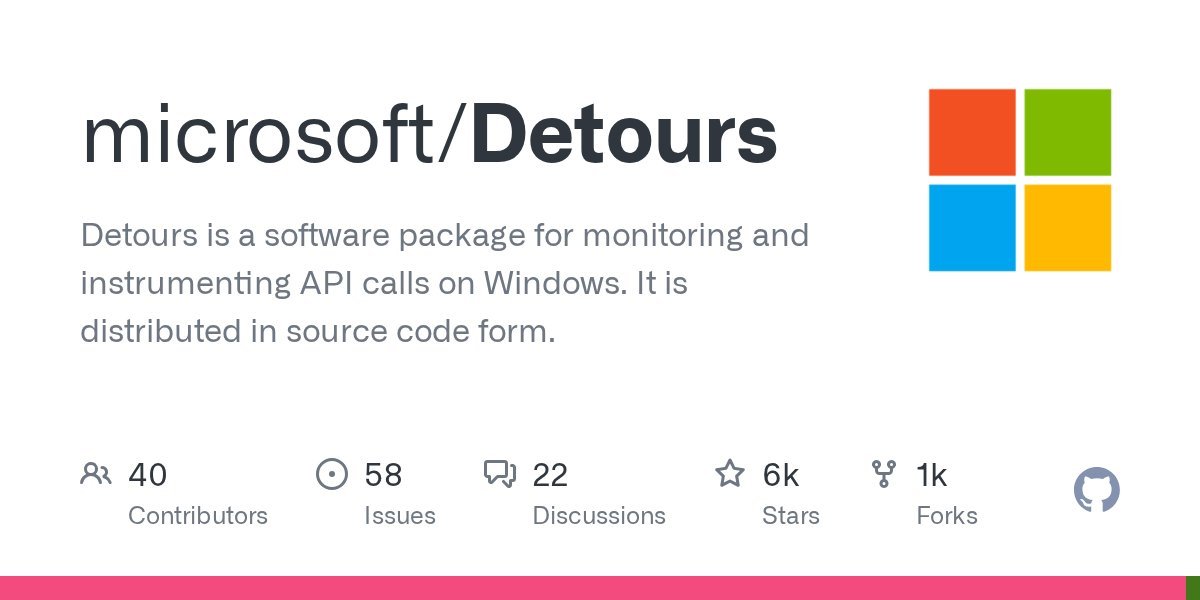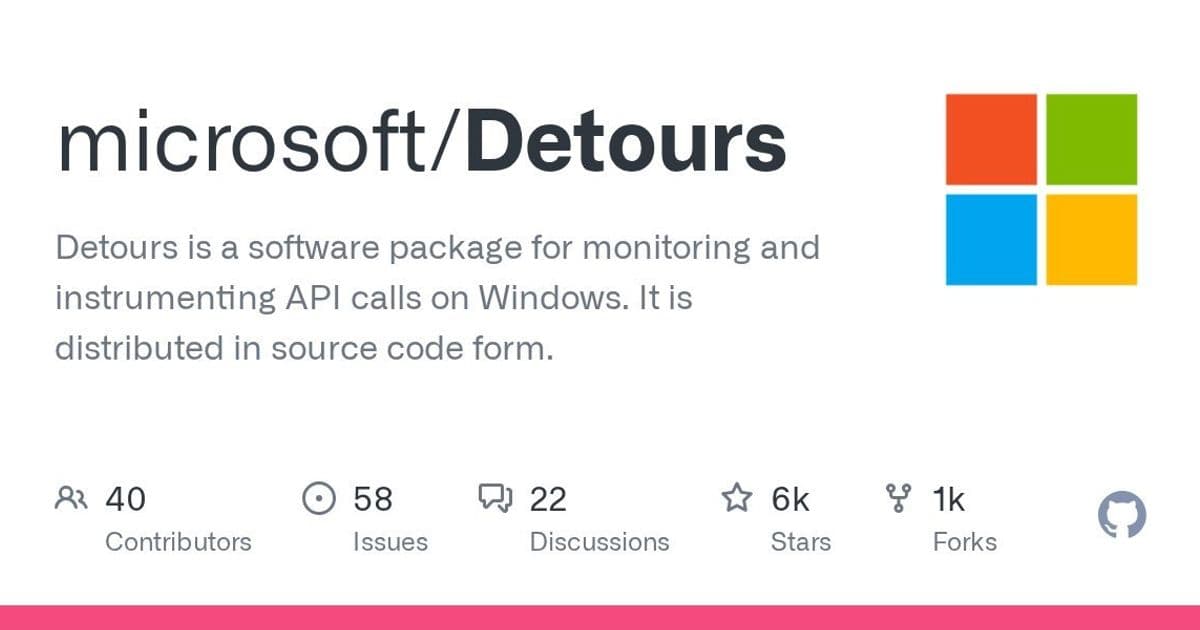Microsoft has released its internal Detours API hooking library under the MIT license, freeing developers from complex licensing constraints. This pivotal tool for intercepting and instrumenting Windows API calls is now open for community collaboration on GitHub. The move empowers security researchers and systems programmers to modify legacy applications and enhance monitoring capabilities.

For over two decades, Microsoft's Detours has been the behind-the-scenes powerhouse enabling developers to intercept, monitor, and modify Windows API calls—a technique critical for debugging, performance analysis, and security instrumentation. Until recently, this tool remained largely restricted to Microsoft's internal teams and select ISVs. That changed dramatically with its transition to open source under the permissive MIT license, signaling a significant shift in Microsoft's approach to developer tooling.
The Invisible Hand in Windows Systems
Detours operates by dynamically rewriting target functions in memory, allowing developers to:
- Inject custom code before/after API calls
- Modify parameters and return values
- Monitor system interactions without source code access
This capability has made it indispensable for:
// Typical use case: Intercepting file operations
DetourAttach(&(PVOID&)OriginalCreateFileW, HookedCreateFileW);
Licensing Liberation
The MIT license removal eliminates previous legal friction, enabling:
- Integration into commercial products without royalties
- Community-driven improvements via GitHub contributions
- Transparent security auditing of the codebase
"This opens doors for offensive security tools, legacy app modernization, and deeper Windows internals research," observes a principal engineer at a cybersecurity firm. "Detours was previously the ‘open secret’ tool we couldn’t legally redistribute."
Compatibility and Constraints
While supporting Windows NT through Windows 11, Detours remains incompatible with sandboxed UWP applications due to its reliance on low-level APIs. Microsoft explicitly cautions against its use in Windows Store apps.
The Open-Source Evolution
Microsoft invites developers to:
- Enhance documentation and samples
- Submit bug reports and fixes
- Expand platform support
- Develop educational resources
The project requires contributor agreements, maintaining enterprise-grade governance while welcoming community input through GitHub Issues and a dedicated announcement mailing list.
This strategic open-sourcing reflects Microsoft’s growing acknowledgment that foundational developer tools thrive through collective innovation. As API hooking becomes increasingly relevant for security hardening and observability, Detours’ transition marks a watershed moment—transforming a once-proprietary instrumentation toolkit into a communal asset that could reshape how we interact with the Windows ecosystem.

Comments
Please log in or register to join the discussion